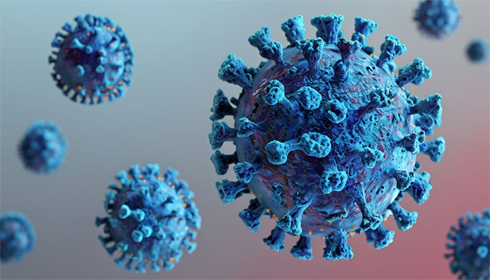
Polio Emergency: WHO Warns of Alarming Rise in Cases, Calls for Swift Action
The World Health Organization (WHO) convened its 40th Emergency Committee meeting on November 6, 2024, underscoring the critical need to tackle polioviruses on a global scale. The Committee has decisively declared the international spread of wild poliovirus (WPV1) and circulating vaccine-derived polioviruses (cVDPV) a Public Health Emergency of International Concern (PHEIC) due to the alarming rise in cases. This decision highlights the urgent and growing threats presented by the virus, demanding immediate and robust global action.
In 2024, there has been a significant surge in WPV1 cases, with 62 confirmed cases reported worldwide. Afghanistan and Pakistan stand at the forefront of this resurgence, witnessing staggering increases of 283% and 550% more cases, respectively, compared to 2023. Environmental samples unmistakably indicate a troubling trend: the virus is making a comeback in areas once deemed polio-free, especially in the unstable southern cross-border regions of the two nations. These areas stand as critical battlegrounds for rampant virus transmission, presenting a formidable challenge to eradication efforts.
Challenges persist in the efforts to curb WPV1. Synchronized vaccination campaigns in Pakistan and Afghanistan face significant obstacles due to insecurity and operational challenges, especially in provinces such as Khyber Pakhtunkhwa and Balochistan. Afghanistan’s return to site-to-site vaccination campaigns—driven by access constraints—has significantly reduced coverage, resulting in many children remaining unvaccinated.
The global situation regarding cVDPV cases is undeniably dire. Nigeria stands as the source of 46% of the 190 cVDPV2 cases reported this year, while new detections in Cameroon and the occupied Palestinian territory (oPt) underscore the virus's extensive reach. This underscores the urgent necessity for improved vaccination and surveillance in at-risk areas.
The committee decisively recommended extending the temporary recommendations for an additional three months, emphasizing the persistent risks of international spread. Affected countries must declare national public health emergencies and intensify vaccination efforts immediately. Enhanced cross-border coordination, along with strong routine immunization coverage, is essential for effectively containing the virus.
Vaccination campaigns in regions such as northern Yemen and parts of Africa face relentless obstruction due to ongoing conflict and humanitarian crises. The challenges intensify the obstacles in reaching vulnerable populations, posing a significant threat to global eradication goals.
The Global Polio Eradication Initiative (GPEI) recognizes the challenges and has decisively revised its eradication timeline, setting a firm target to eliminate WPV1 by 2027 and VDPV2 by 2029. The timeline, though ambitious, undeniably demonstrates a steadfast commitment to conquering obstacles and maintaining relentless momentum in the battle against polio.
To prevent further outbreaks, it is imperative that countries maintain high-quality vaccination campaigns and enhance surveillance systems. The committee asserted the necessity of prompt outbreak responses and demanded international support to strengthen vaccination initiatives in high-risk areas. It is imperative that governments and health agencies prioritize polio eradication as a critical issue for global health security.
The resurgence of polio stands as a powerful reminder of the fragility of global health gains. Through decisive actions and global collaboration, the goal of a polio-free world is within reach. Without sustained efforts, the virus will undoubtedly reverse decades of progress, putting the health of millions at serious risk.